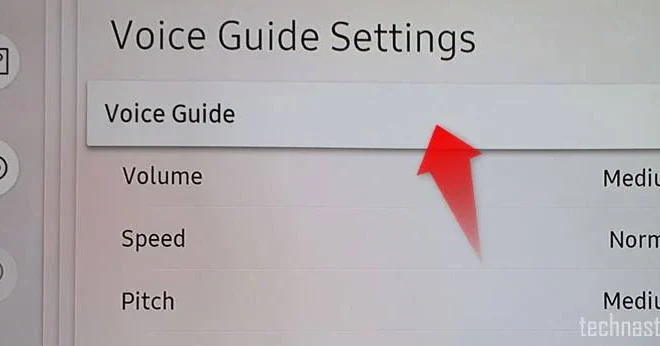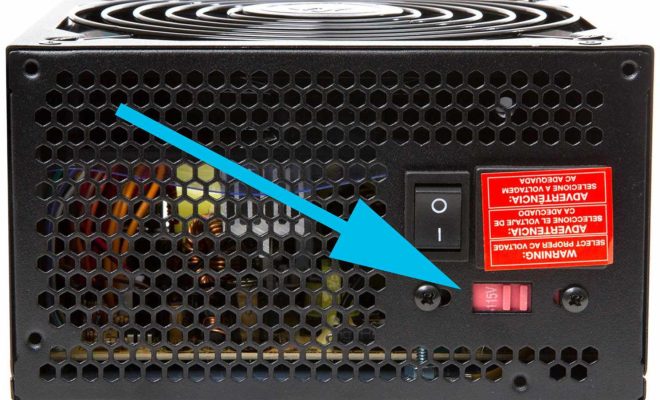What Is a Gateway and Should You Use One for Your Home Internet?

As more devices are connected to the internet in your home, you may have heard the term “gateway” thrown around. A gateway is a device that allows multiple devices to connect to the internet through a single point of entry. It acts as a bridge between your home network and the internet, essentially acting as a door for internet traffic to enter and exit your network.
Using a gateway can have several benefits for your home internet setup. Firstly, it can provide additional security measures to protect your home network from external threats. Gateways can be equipped with firewalls, intrusion detection systems, and other security features to keep your network safe from hackers and other internet-based maladies.
Another advantage of using a gateway is the ability to control and monitor internet usage on your home network. Many gateways come with parental controls and content filtering, allowing parents to restrict access to certain websites and applications. This can also be useful for managing bandwidth usage and preventing excessive internet usage by certain devices on your network.
While using a gateway can provide additional benefits, it is not always necessary for every home internet setup. If you only have a few devices connected to your home network, a gateway may be unnecessary. In addition, some internet service providers (ISPs) may provide a gateway as part of their service package, so it’s worth checking with your ISP if you already have one.
It’s also worth noting that not all gateways are created equal, and some may have limitations depending on your specific internet needs. For example, some gateways may not support the latest wireless technology, which could impact your internet speeds and connectivity.




